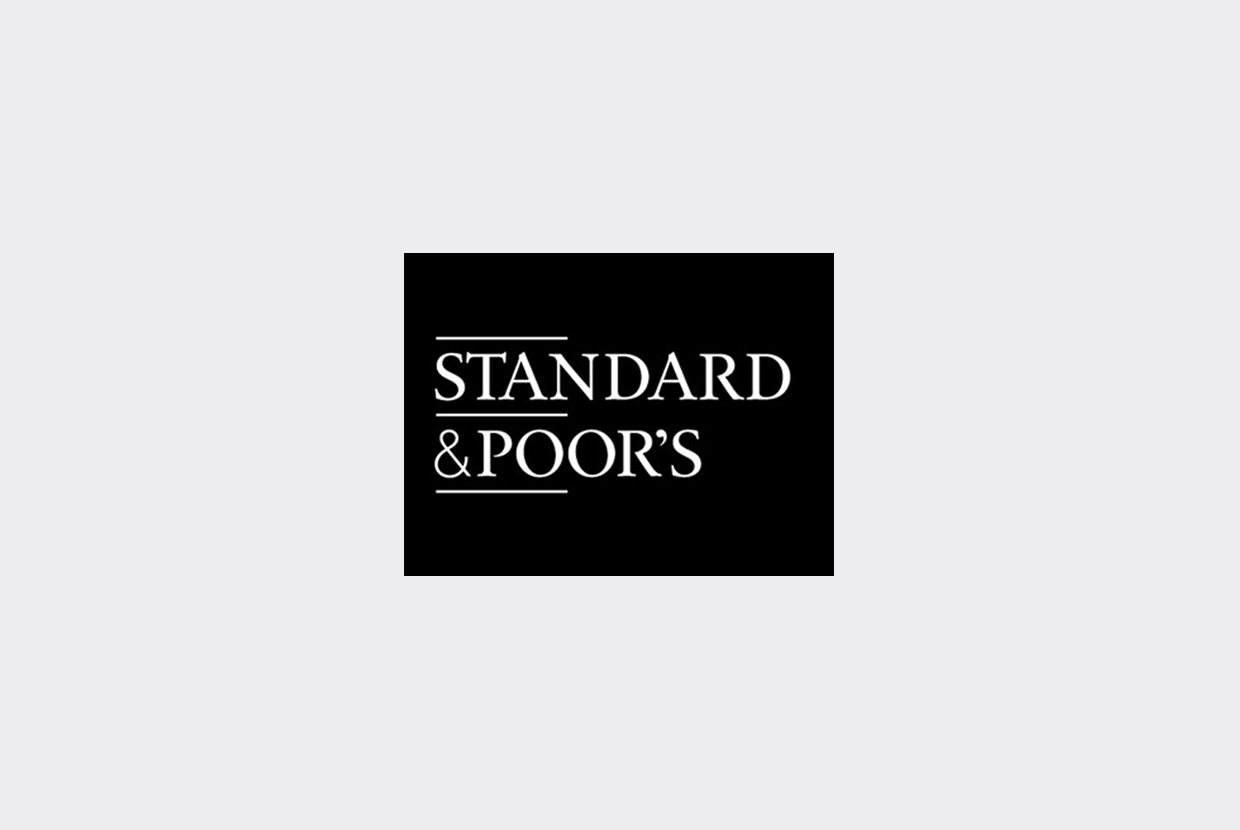Standard & Poor’s Ratings Services has lowered its long-term counterparty credit and insurer financial strength ratings on France-based reinsurer Scor and subsidiaries to single-‘A’-minus from single-‘A’.
At the same time, the ratings were placed on CreditWatch with negative implications.
In addition, Standard & Poor’s lowered its short-term counterparty credit and commercial paper ratings on Scor to ‘A-2’ from ‘A-1’. The short-term ratings were not placed on CreditWatch.
“The downgrade reflects Scor’s revised capital adequacy position, its marginal operating performance, and continuing concerns with regard to the group’s ability to control and monitor some underwriting areas,” says Standard&Poor’s credit analyst Marcus Rivaldi.
The ratings on Scor also reflect the group’s strong business position within the reinsurance sector. The CreditWatch placement follows Scor’s unexpected announcement today that it is to post a loss of about €250mn for 2002, and reflects the need for Standard & Poor’s to discuss with Scor management the various issues that this loss raises in particular management control, revisions to the group’s business mix, and the potential for a successful rights issue.
The Scor group continues to be viewed skeptically in terms of its ability to control and monitor some underwriting areas. Standard & Poor’s earnings expectations for Scor have been frequently reassessed in light of surprising results not in line with expectations. This announcement continues this unfortunate trend. The news that the risk control and group internal audit departments are to be restructured is welcomed by S&P.
Scor has a strong business position in the reinsurance sector, predominantly due to its very strong pan-European brand. Scor’s underwriting strategy post-September 11 is increasingly focused on traditional property/casualty reinsurance and, more specifically, on the property sector. The group has announced that it will be drastically reducing its involvement in alternative risk transfer and credit and surety classes.
Balance is provided to its portfolio via a substantial life reinsurance segment. In common with its peers, Scor’s recent operating performance has been marginal. The group has been unable to translate its strong business franchise and brand into sustainable earnings commensurate with a higher rating.
Against the background of an increasingly attractive underwriting environment, reported improvements in operating performance for 2002 to date have been sluggish. This stems primarily from the earnings drag of less profitable business from earlier years and the immediate impact of high-level protection costs.
In addition, Scor has announced that it will be making significant adjustments to the reserves of its subsidiaries Commercial Risk Partners Group and Scor US Corp, totalling €225mn.
As a result, Standard & Poor’s does not foresee a genuine improvement in reported earnings until at least 2003. For 2002, capital adequacy is now expected to decline further to a good level, and is not currently expected to improve significantly in 2003. Scor has revised its communications with regard to the amount it aims to raise through a rights issue, from a maximum of €400mn at the beginning of October to a minimum of €250mn today.
Standard & Poor’s now views this capital injection as extremely important in light of the group’s revised capital adequacy position and also as an indicator of the group’s financial flexibility that is, its ability to source capital relative to capital requirements. Standard & Poor’s will meet with Scor group management in the near future to discuss the various issues raised by today’s announcement.
“If all issues are satisfactorily addressed, the CreditWatch placement will be resolved. If Scor fails to resolve these issues, however, there is the possibility that the ratings could be lowered to the triple-‘B’ range,” adds Rivaldi.







